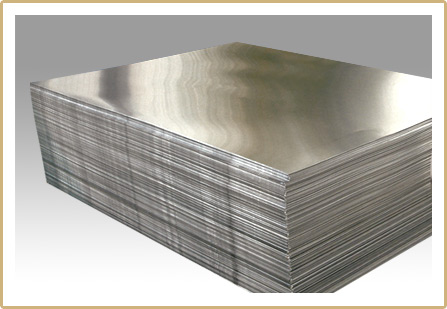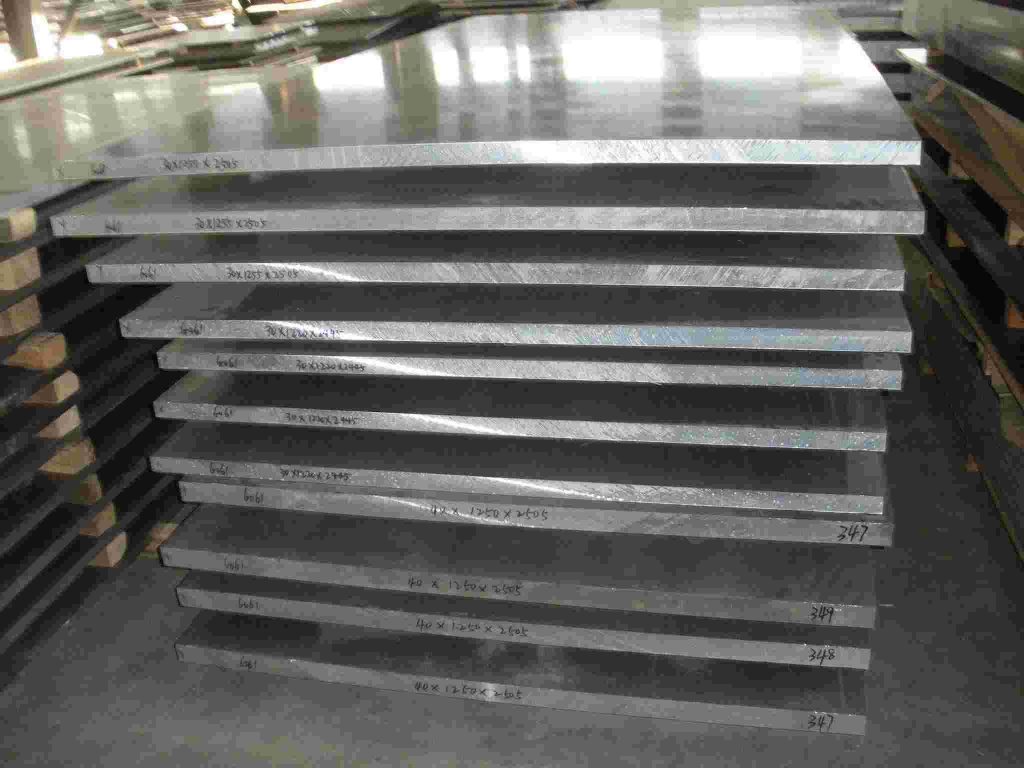Introducción
Aluminum is a versatile material used in a wide range of applications, from aerospace engineering to household products. One crucial aspect of working with aluminum is selecting the appropriate thickness for your project. In this guide, we’ll explore the factors to consider when choosing the right thickness of aluminum, ensuring optimal performance and efficiency in your endeavors.
Strength and Structural Integrity
One of the primary considerations when selecting aluminum thickness is the strength and structural integrity required for your application. Thicker aluminum sheets offer greater strength and rigidity, making them suitable for load-bearing components and structural elements. For projects where strength is paramount, opting for thicker aluminum can provide the necessary durability and stability.

Weight Considerations
Weight is a critical factor in many applications, particularly in industries such as aerospace, automotive, and transportation. Thinner aluminum sheets are lighter in weight, offering advantages in terms of fuel efficiency, maneuverability, and overall performance. When weight reduction is a priority, choosing thinner aluminum can help achieve the desired balance between strength and weight.
Formability and Machinability
The thickness of aluminum also affects its formability and machinability. Thinner sheets are more easily formed and shaped, making them suitable for applications requiring complex geometries or intricate designs. Additionally, thinner aluminum is often more straightforward to machine, allowing for precise cutting, drilling, and shaping. For projects that demand intricate detailing or custom fabrication, thinner aluminum may be preferable.
Cost Considerations
Cost is another crucial factor to consider when selecting aluminum thickness. Thicker aluminum sheets typically command higher prices due to the increased material costs and potentially greater manufacturing complexity. Balancing performance requirements with budget constraints is essential to ensure cost-effective solutions. In some cases, optimizing design and material usage can help minimize costs without compromising performance.

Resistencia a la corrosión
The thickness of aluminum can also influence its corrosion resistance. Thicker aluminum sheets may offer better protection against corrosion, particularly in harsh environments or marine applications. However, selecting the appropriate alloy and surface treatment is equally important in enhancing corrosion resistance, regardless of thickness.
Conclusión
Choosing the right thickness of aluminum is a critical decision that impacts the performance, cost, and longevity of your project. By considering factors such as strength, weight, formability, cost, and corrosion resistance, you can make informed decisions that meet your specific requirements. Whether you’re designing structural components, fabricating automotive parts, or crafting architectural elements, selecting the optimal aluminum thickness ensures the success of your endeavor.


